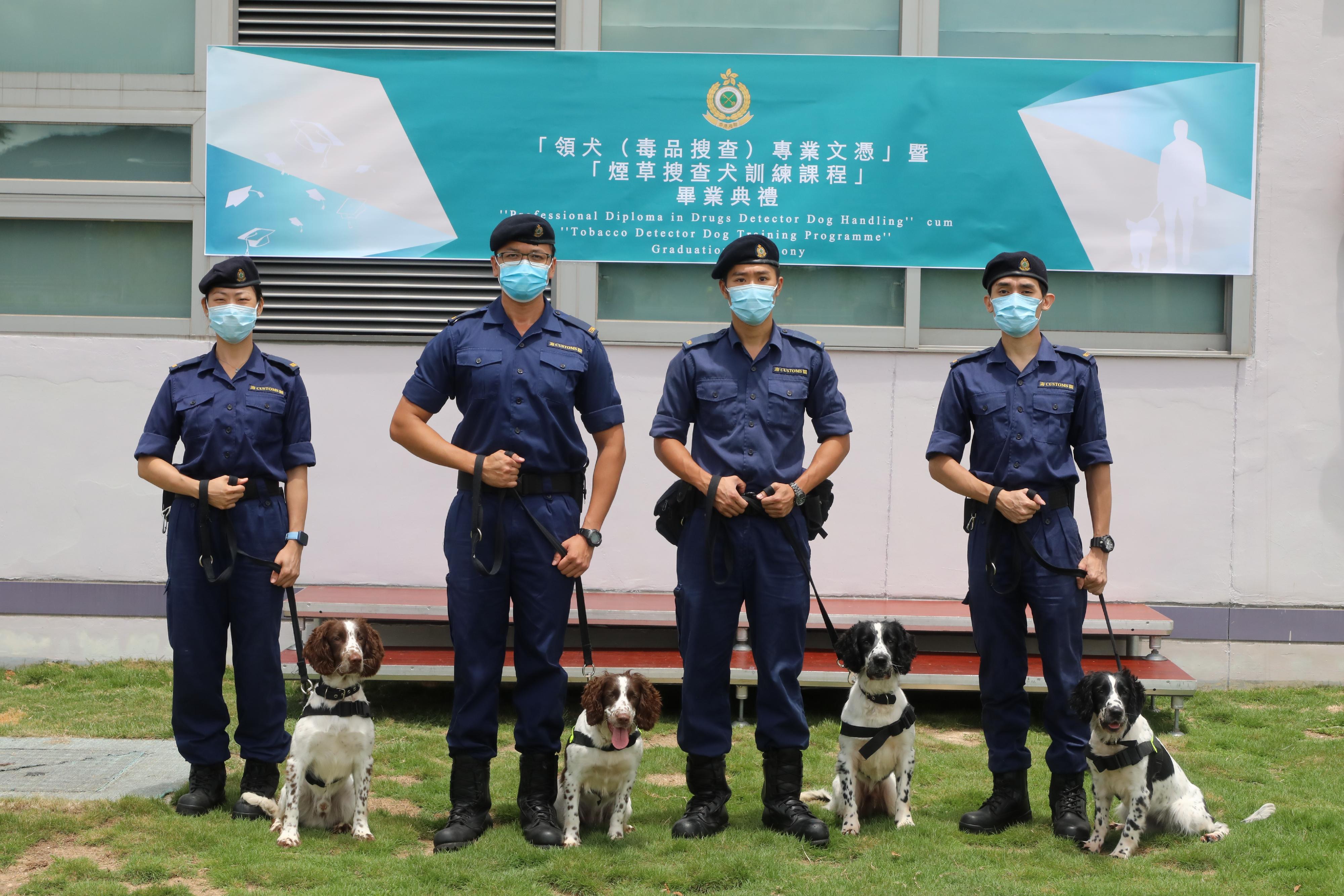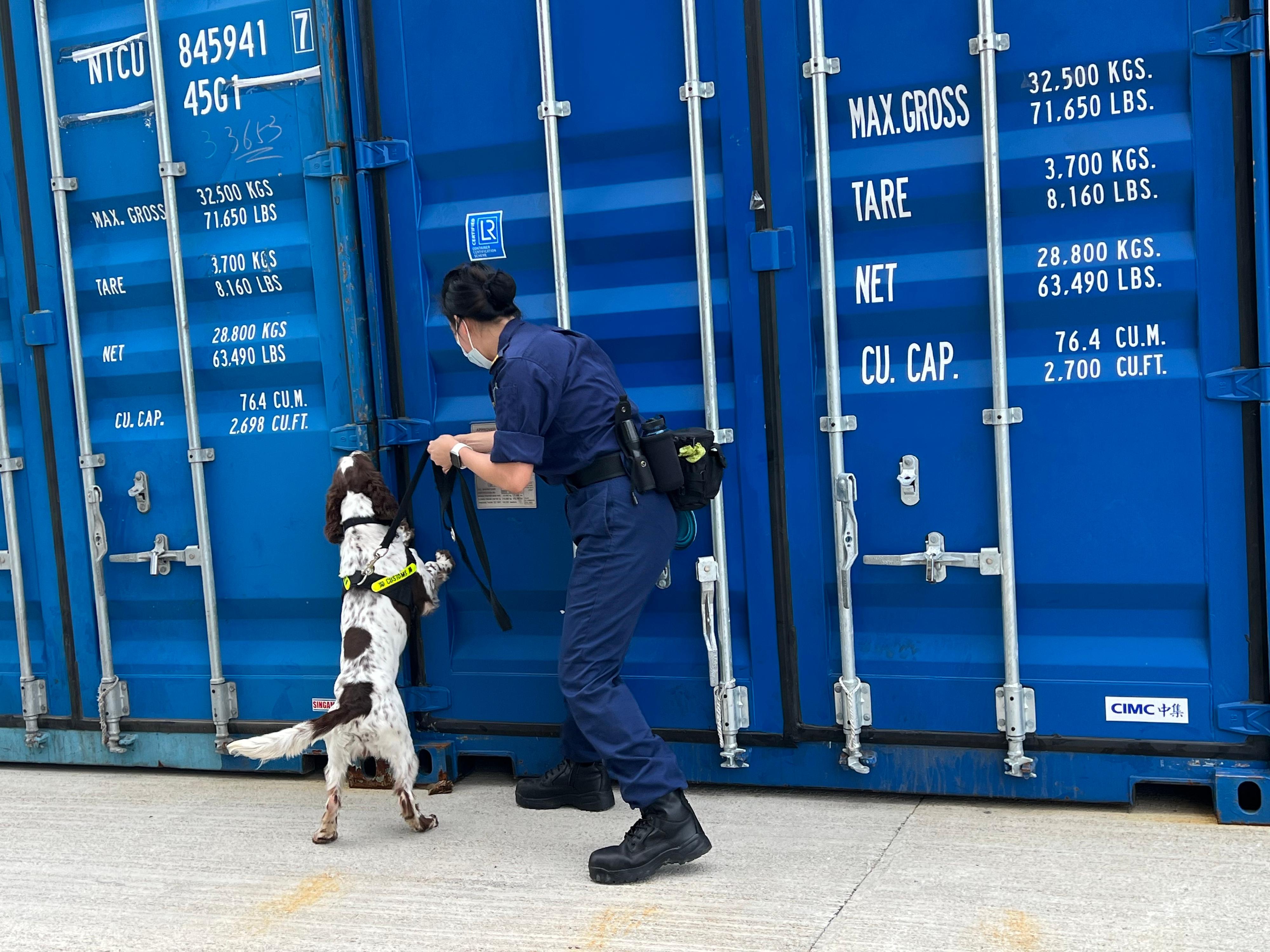DH participates in 1st National Conference of Traditional Chinese Medicines Scientific Supervision
The Department of Health (DH) today (July 15) participated in the 1st National Conference of Traditional Chinese Medicines Scientific Supervision (Conference) to discuss the scientific regulation and development of Chinese medicines.
The Conference was held under the guidance of the National Medical Products Administration (NMPA) from July 14 to 15 in Beijing, with participants taking part in person or online. The conference aims to build an exchange platform on Chinese medicines regulation and promote high-quality development of Chinese medicines. The event featured sub-forums for exchanging views and discussing issues such as the development, evaluation and approval of novel Chinese medicines, regulation of Chinese medicines in terms of quality and safety, and scientific regulation and international harmonisation in relation to traditional medicines.
In his video speech at the Sub-forum on Scientific Regulation and International Harmonisation in Relation to Traditional Medicines, the Director of Health, Dr Ronald Lam, expressed his gratitude to the NMPA for enabling the convening of the Conference, further bringing about the reform of Chinese medicines’ evaluation and approval system, and contributing to the high-quality development of Chinese medicines. The DH was also invited to deliver a keynote address on the regulation of Chinese medicine and progress in enhancing the safety and quality of Chinese medicines in Hong Kong at the same sub-forum.
“During the COVID-19 epidemic, Chinese medicine has been demonstrating its strong effectiveness in epidemic prevention, treatment and rehabilitation, and has laid the foundations for overcoming COVID-19 in our country. To this end, Hong Kong needs to further enhance and refine the regulatory system to ensure the safe use, quality and efficacy of Chinese medicines,” Dr Lam said.
Dr Lam added that with the Outline Development Plan for the Guangdong-Hong Kong-Macao Greater Bay Area, Hong Kong will focus on giving full play to the advantages of the Government Chinese Medicines Testing Institute to promote the inheritance, innovation and development of Chinese medicines, and to push forward talent nurturing and technology transfers, in order to allow “modernised Chinese medicines” to take root in the Greater Bay Area, and to promote Chinese medicines to “go global”.
The Conference, as a valuable exchange platform for the modernatisation of Chinese medicines regulation, would facilitate co-operation and exchanges between the Mainland and Hong Kong comprehensively, and Hong Kong’s active integration into the overall national development. The DH will continue to implement regulatory measures for Chinese medicines, and promote the inheritance and innovative development of Chinese medicines in Hong Kong through the testing and scientific research of the Government Chinese Medicines Testing Institute. With the staunch support of the motherland, Hong Kong will give full play to its unique advantages and perform its role as an important bridge and window of Mainland China to the rest of the world to further promote Chinese medicines overseas.
Representatives from relevant regulatory authorities of the Mainland, Hong Kong, Macao, Japan, Thailand, the United States and European Union countries, and the World Health Organization, as well as experts from related research institutions participated in the Sub-forum on Scientific Regulation and International Harmonisation in Relation to Traditional Medicines to share their experiences. read more




